The International Covenant on Civil and Political Rights (ICCPR) stipulates that civil and political rights, according to the "Universal Declaration of Human Rights, 1948" of the United Nations, are considered values of all people that states must respect and protect. The ICCPR consists of 6 parts and 53 articles. The preamble affirms the immutable truth that the recognition of the inherent dignity and equal rights of all members of the human community is the foundation of freedom, justice and peace in the world. The basic contents of civil and political rights, the Citizen's Covenant are as follows:
The Covenant recognizes the right to self-determination of all peoples, including the right to "freely determine their political status and pursue their economic, social and cultural development" in their actual conditions. Recognizes that the right to livelihood of a people can never be deprived. Accordingly, peoples have the right to freely dispose of their natural resources without prejudice to any obligations arising out of international economic co-operation, based on the principle of mutual benefit, and international law. The States Parties to the present Covenant, including those having responsibility for the protection or custody of other territories, shall respect and promote the right of self-determination of peoples in conformity with the provisions of the Charter of the United Nations. [caption id="attachment_594964" align="alignnone" width="696"]
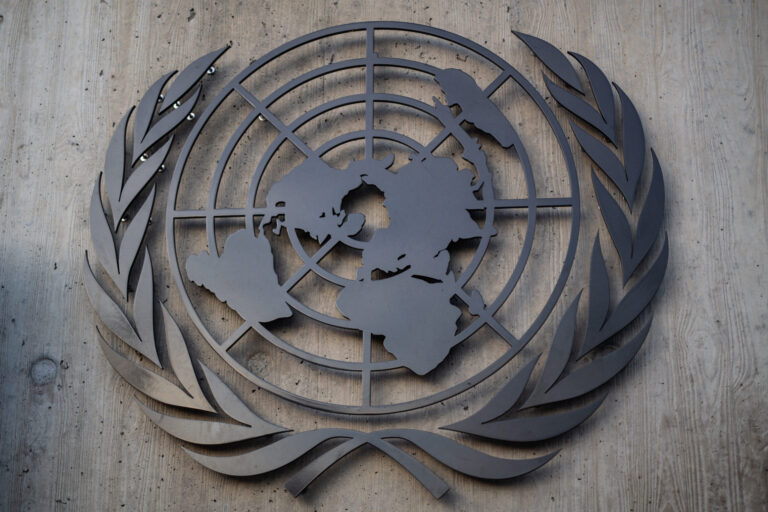
The ICCPR recognizes the right of all peoples to self-determination. (Photo: HRHF)[/caption]
The Convention requires parties to take the necessary steps to realize the rights recognized in the Convention. The Covenant requires the parties to respect and ensure the rights recognized in the Covenant to "all individuals within its territory and subject to its jurisdiction, without distinction of any kind as to race, colour, sex, language, religion, political or other opinion, national or social origin, property, birth or other status," and emphasizes that men and women are entitled to the civil and political rights set forth in the Covenant on an equal basis. These rights "may be subject only to public emergency threatening the life of the State," and even then, they must not be inconsistent with the State's obligations under international law, nor may they be used to discriminate on the basis of race, colour, sex, language, religion or social origin.
Articles 6 through 27 list the rights protected by the Covenant, many of which require specific actions by State parties, including the following:
- The right to physical integrity, that is, the right to life, freedom from torture and slavery (Articles 6, 7, and 8);
- The right to personal liberty and security of person, i.e. the right not to be arrested and imprisoned for unjustifiable reasons (Articles 9 – 11);
- The right to personal liberty is understood to mean freedom of movement, freedom of thought, freedom of conscience and freedom of religion, freedom of expression and opinion without interference, freedom of association and assembly, freedom to establish a family, the right to birth registration, and the right to privacy. (Articles 12, 13, 17 – 24);
- The right to equality before the law, and that all charges against them must be brought according to due process of law. All defendants charged with criminal offences shall have the right to be presumed innocent until proven guilty according to law. (Articles 14, 15, and 16);
- Any form of propaganda inciting war or sowing racial or religious discrimination is strictly prohibited. (Article 20);
- The right to political participation includes the freedom to form, belong to or not belong to a political party, and the right to vote. (Article 25);
- The right of minorities to equal treatment before the law. (Articles 26 and 27).
[caption id="attachment_594970" align="alignnone" width="750"]
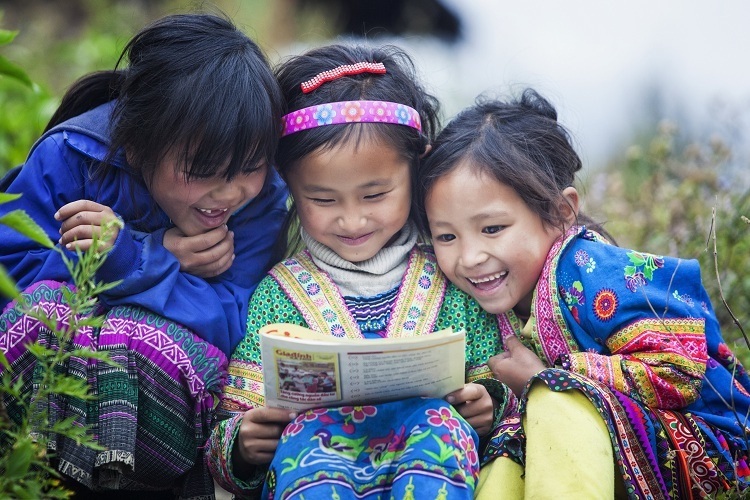
The right to equal treatment of minorities is also stipulated in the ICCPR. (Photo: Ethnic Committee)[/caption] Articles 28 - 45 stipulate the principles of establishment and operation of the Human Rights Committee and its monitoring and reporting tasks. At the same time, it also requires countries to recognize the Committee's capacity to resolve conflicts between countries related to the implementation of the Convention. (Articles 41 and 42). Articles 46 - 47 explain that the Convention shall not be interpreted in a way that interferes with the activities of the United Nations or "the right of all peoples to enjoy and utilize freely and fully their resources." Articles 48 - 53 stipulate the method of ratification, the time of entry into force and the way of future amendments.
Tra Khanh The ICCPR recognizes the right of all peoples to self-determination. (Photo: HRHF)[/caption] The Convention requires parties to take the necessary steps to realize the rights recognized in the Convention. The Covenant requires the parties to respect and ensure the rights recognized in the Covenant to "all individuals within its territory and subject to its jurisdiction, without distinction of any kind as to race, colour, sex, language, religion, political or other opinion, national or social origin, property, birth or other status," and emphasizes that men and women are entitled to the civil and political rights set forth in the Covenant on an equal basis. These rights "may be subject only to public emergency threatening the life of the State," and even then, they must not be inconsistent with the State's obligations under international law, nor may they be used to discriminate on the basis of race, colour, sex, language, religion or social origin. Articles 6 through 27 list the rights protected by the Covenant, many of which require specific actions by State parties, including the following:
The ICCPR recognizes the right of all peoples to self-determination. (Photo: HRHF)[/caption] The Convention requires parties to take the necessary steps to realize the rights recognized in the Convention. The Covenant requires the parties to respect and ensure the rights recognized in the Covenant to "all individuals within its territory and subject to its jurisdiction, without distinction of any kind as to race, colour, sex, language, religion, political or other opinion, national or social origin, property, birth or other status," and emphasizes that men and women are entitled to the civil and political rights set forth in the Covenant on an equal basis. These rights "may be subject only to public emergency threatening the life of the State," and even then, they must not be inconsistent with the State's obligations under international law, nor may they be used to discriminate on the basis of race, colour, sex, language, religion or social origin. Articles 6 through 27 list the rights protected by the Covenant, many of which require specific actions by State parties, including the following: The right to equal treatment of minorities is also stipulated in the ICCPR. (Photo: Ethnic Committee)[/caption] Articles 28 - 45 stipulate the principles of establishment and operation of the Human Rights Committee and its monitoring and reporting tasks. At the same time, it also requires countries to recognize the Committee's capacity to resolve conflicts between countries related to the implementation of the Convention. (Articles 41 and 42). Articles 46 - 47 explain that the Convention shall not be interpreted in a way that interferes with the activities of the United Nations or "the right of all peoples to enjoy and utilize freely and fully their resources." Articles 48 - 53 stipulate the method of ratification, the time of entry into force and the way of future amendments. Tra Khanh
The right to equal treatment of minorities is also stipulated in the ICCPR. (Photo: Ethnic Committee)[/caption] Articles 28 - 45 stipulate the principles of establishment and operation of the Human Rights Committee and its monitoring and reporting tasks. At the same time, it also requires countries to recognize the Committee's capacity to resolve conflicts between countries related to the implementation of the Convention. (Articles 41 and 42). Articles 46 - 47 explain that the Convention shall not be interpreted in a way that interferes with the activities of the United Nations or "the right of all peoples to enjoy and utilize freely and fully their resources." Articles 48 - 53 stipulate the method of ratification, the time of entry into force and the way of future amendments. Tra Khanh




























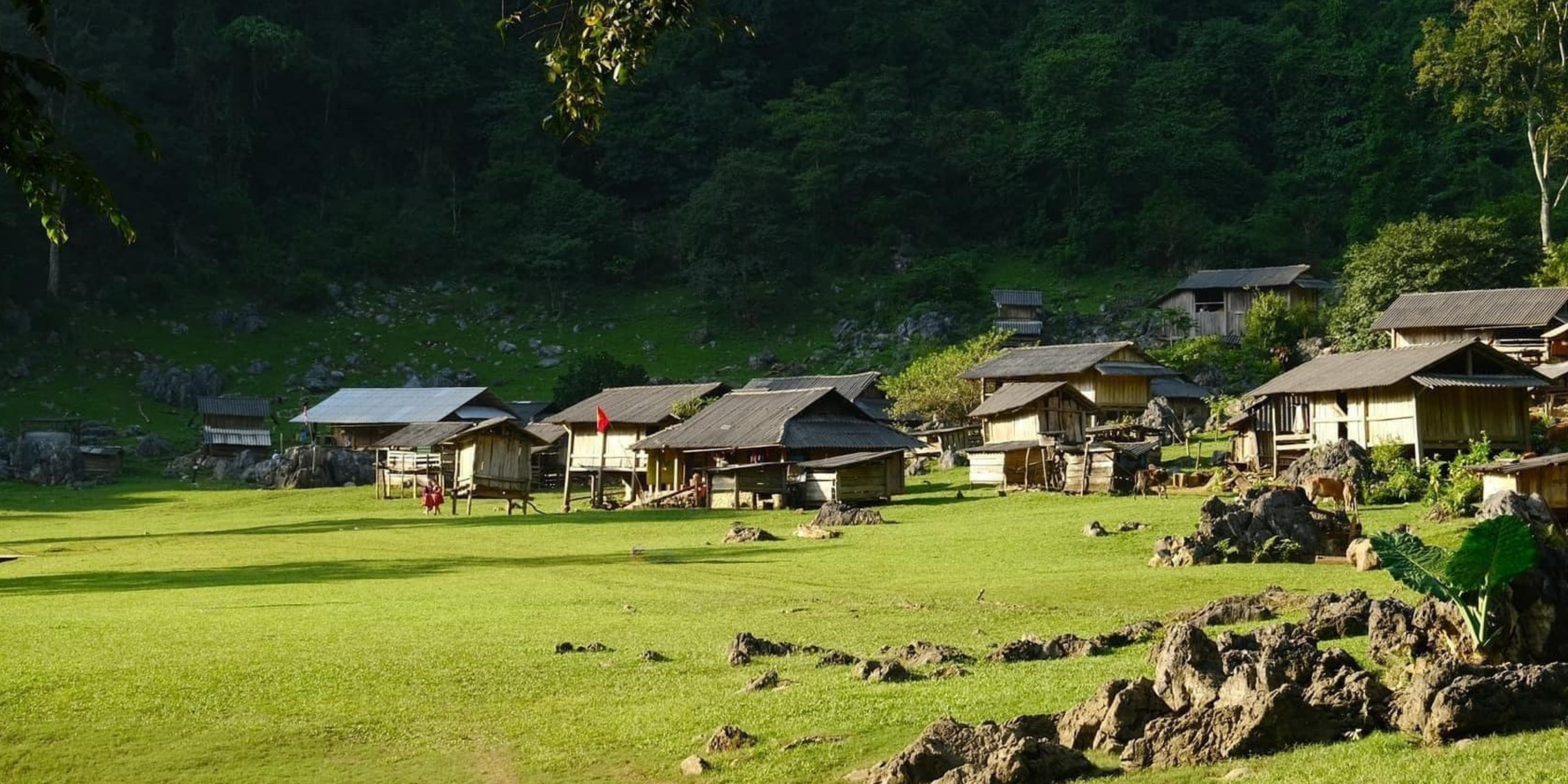
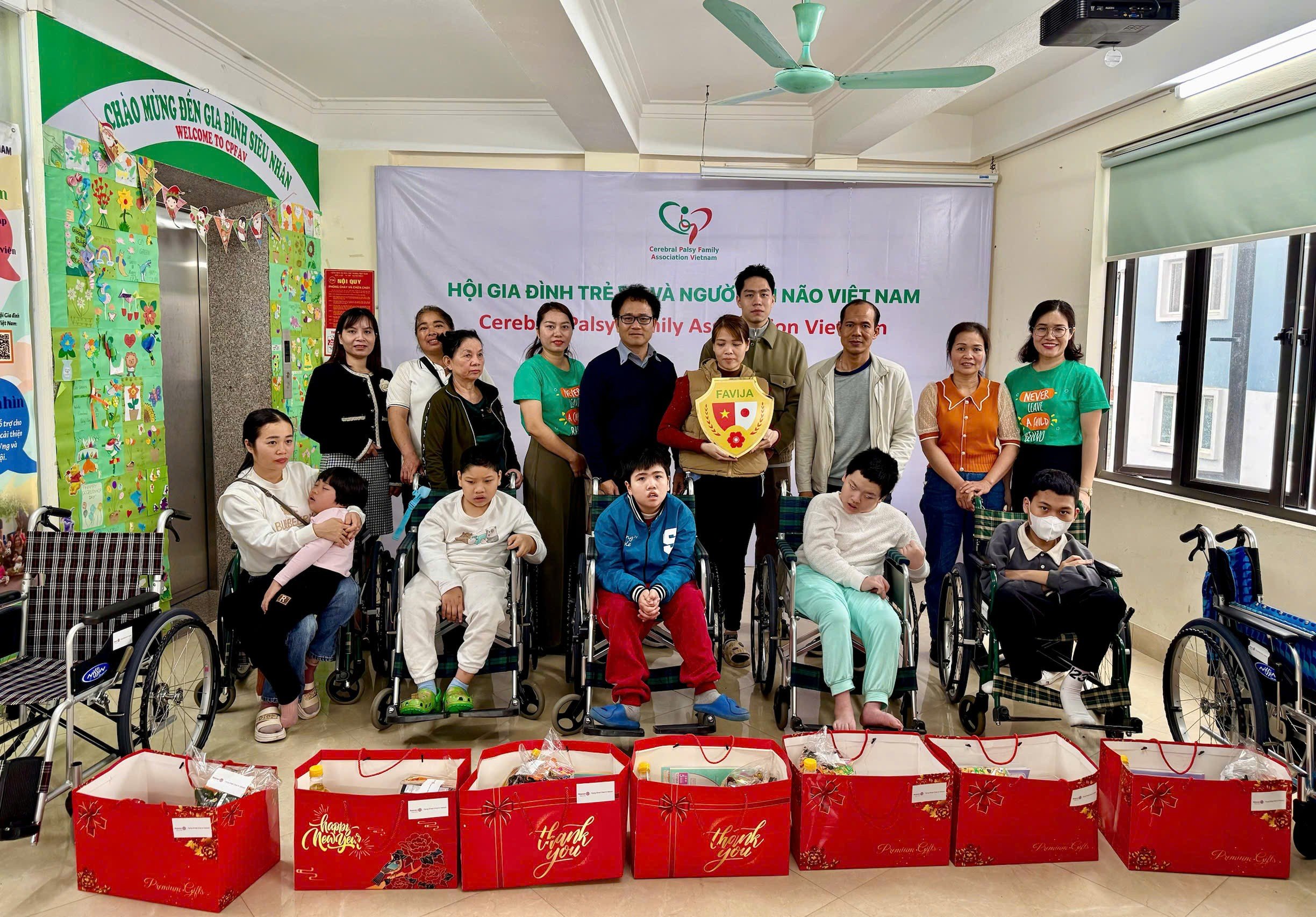

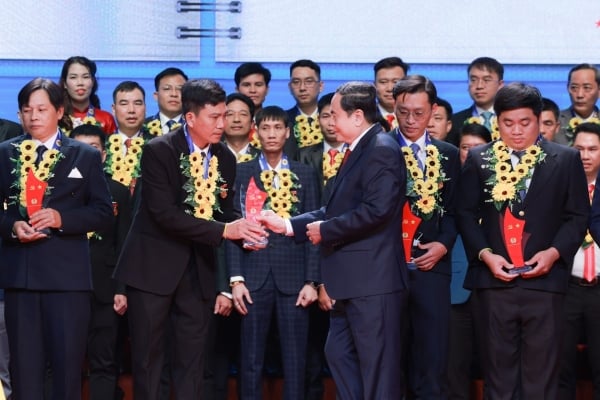


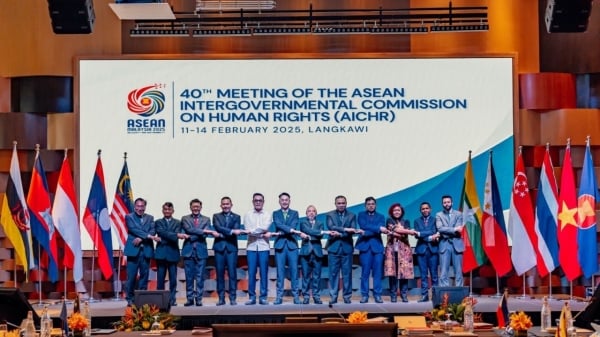


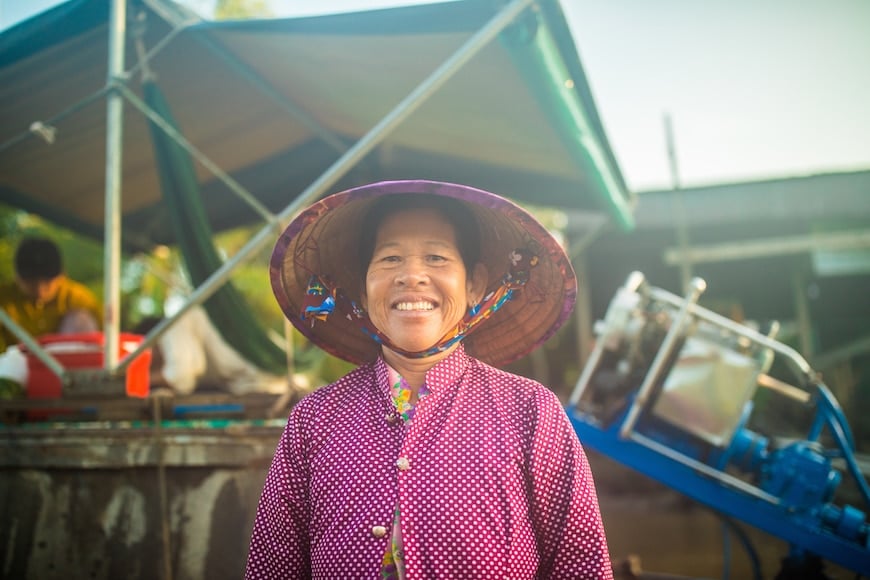
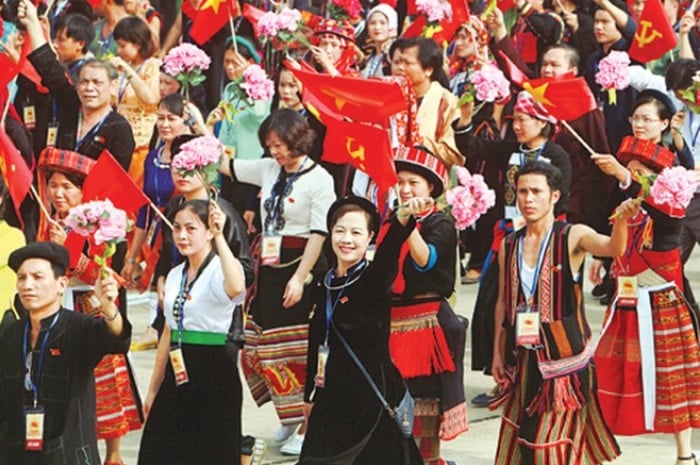
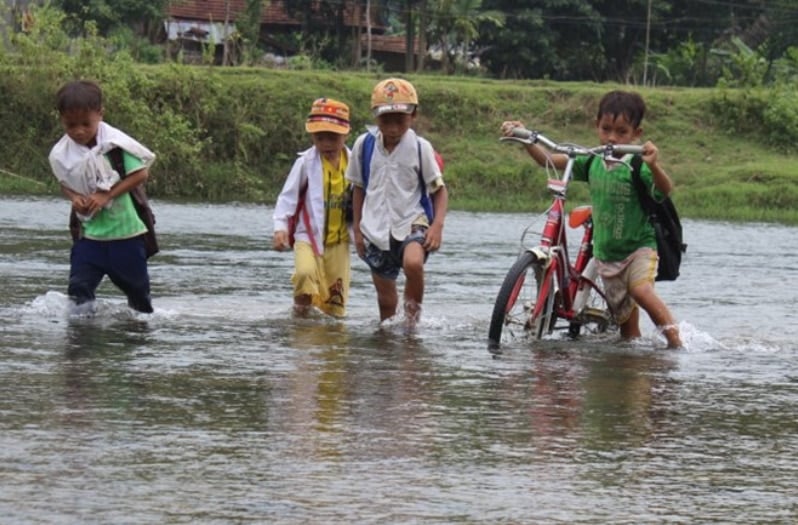
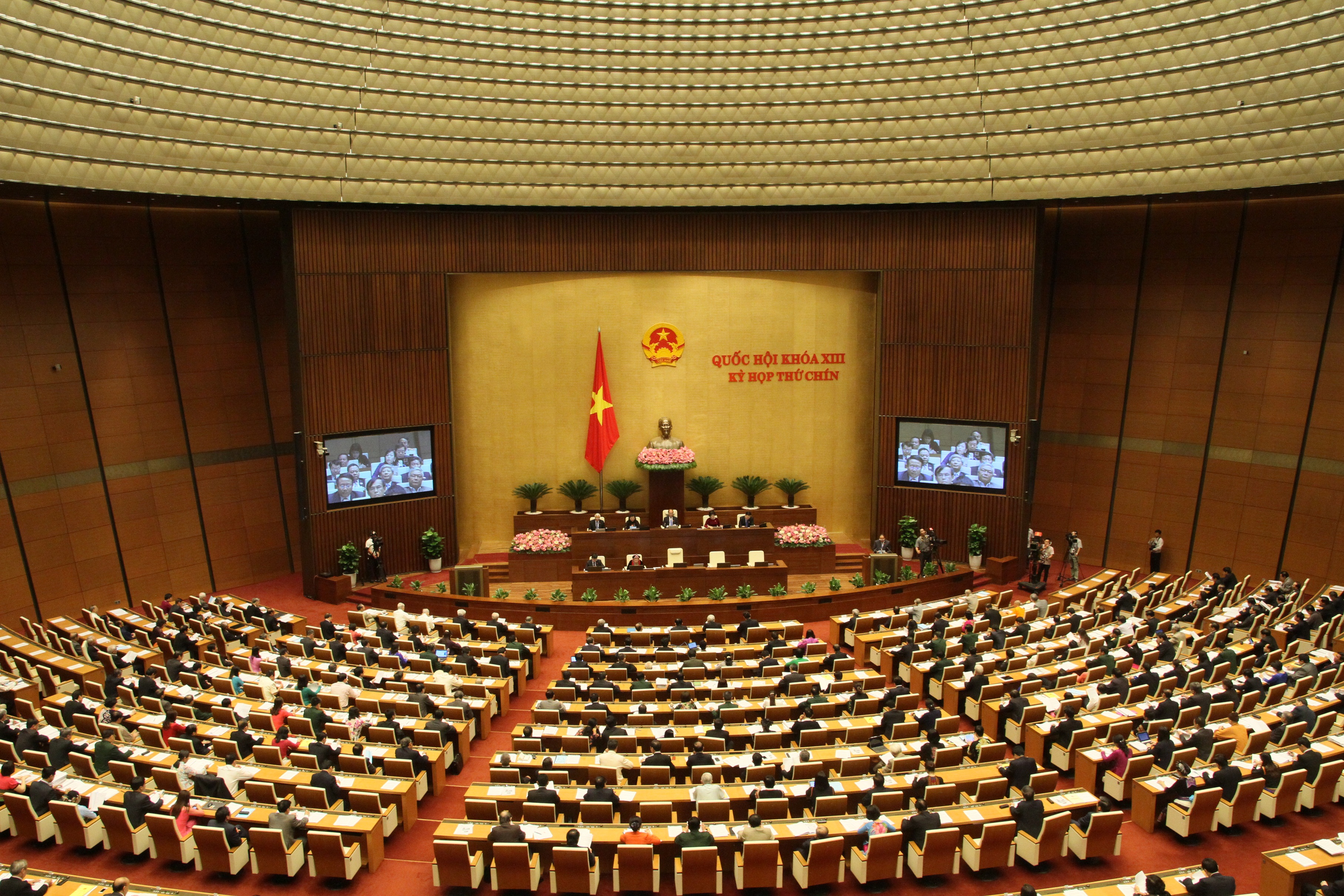
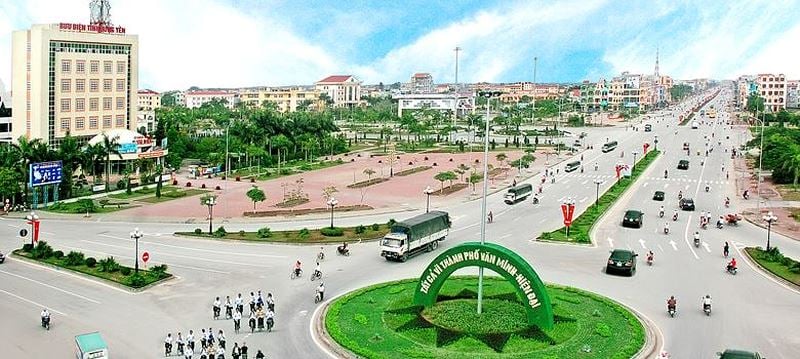
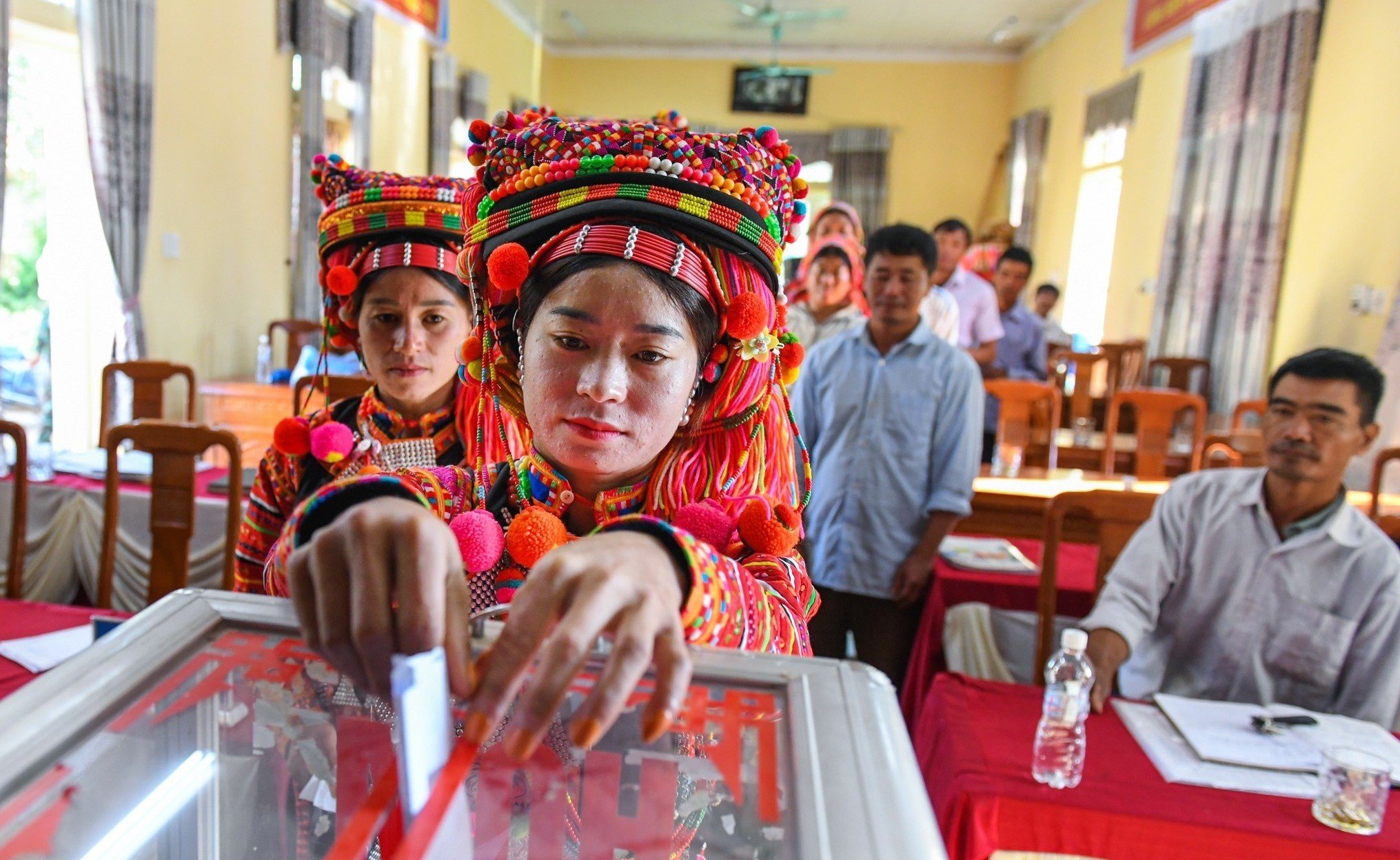






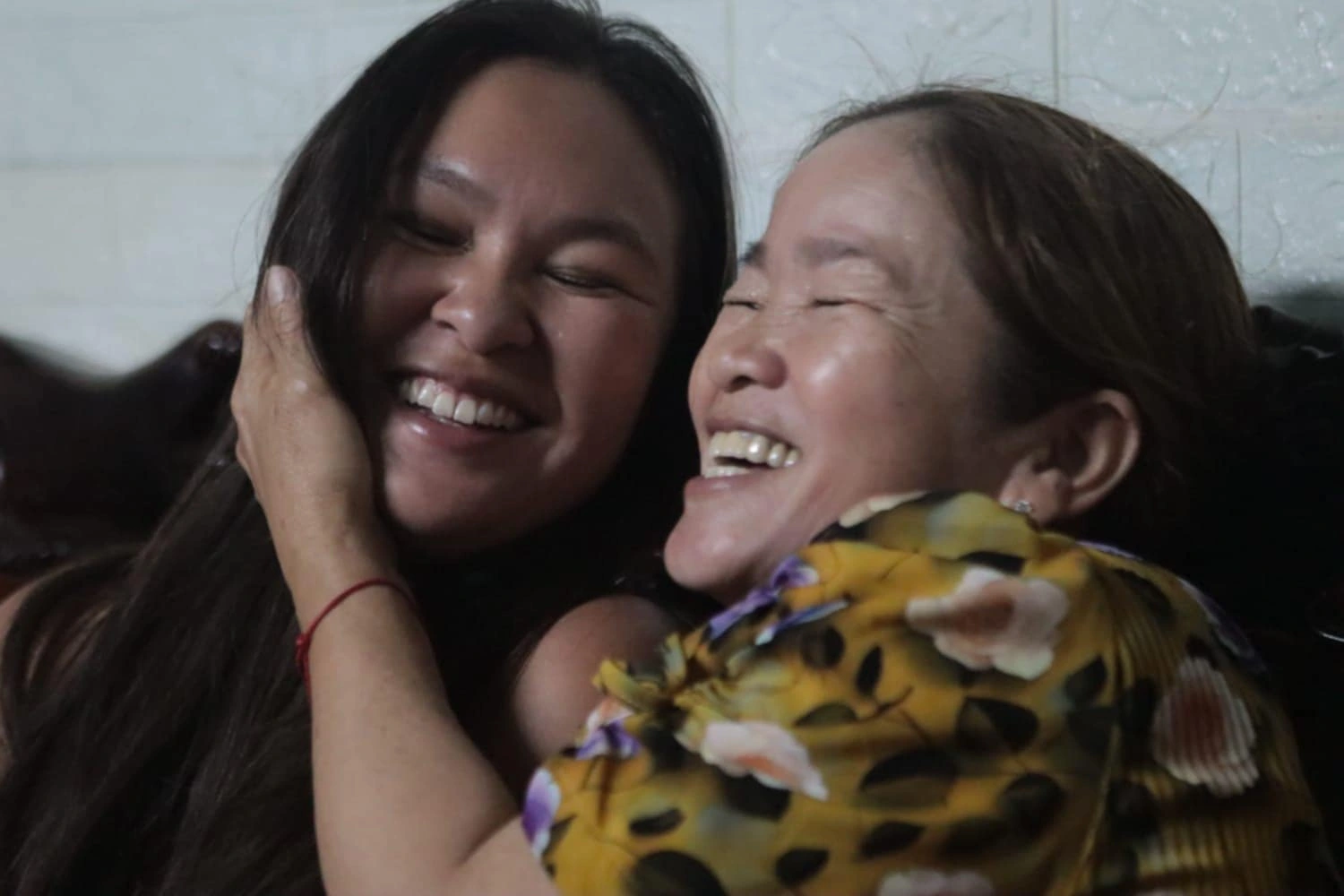

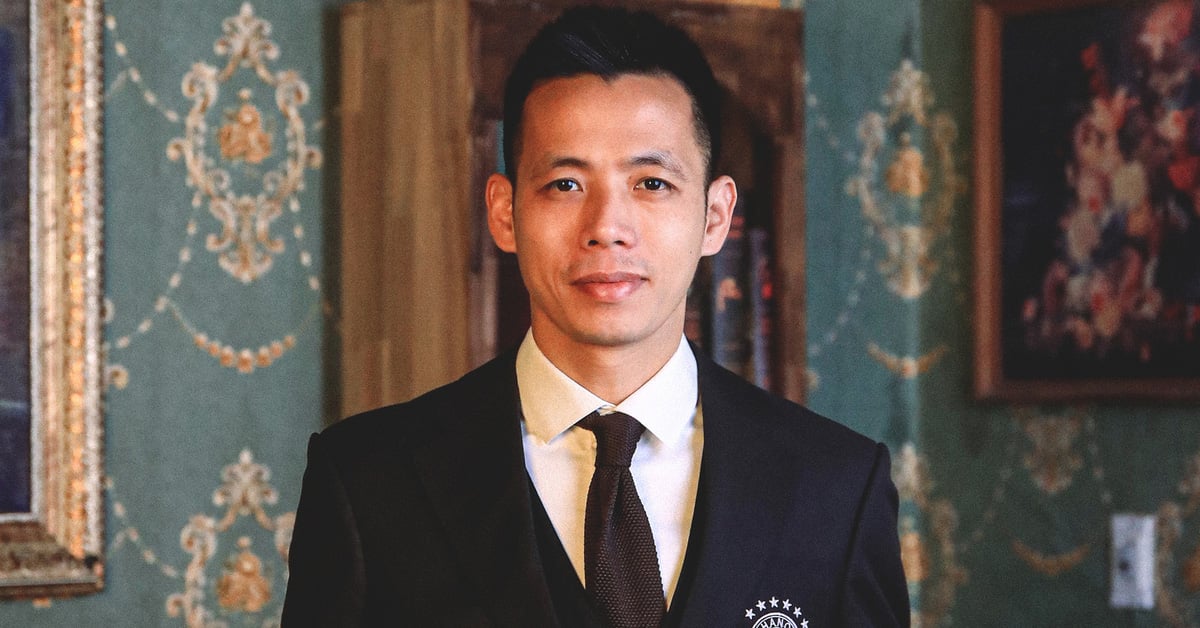



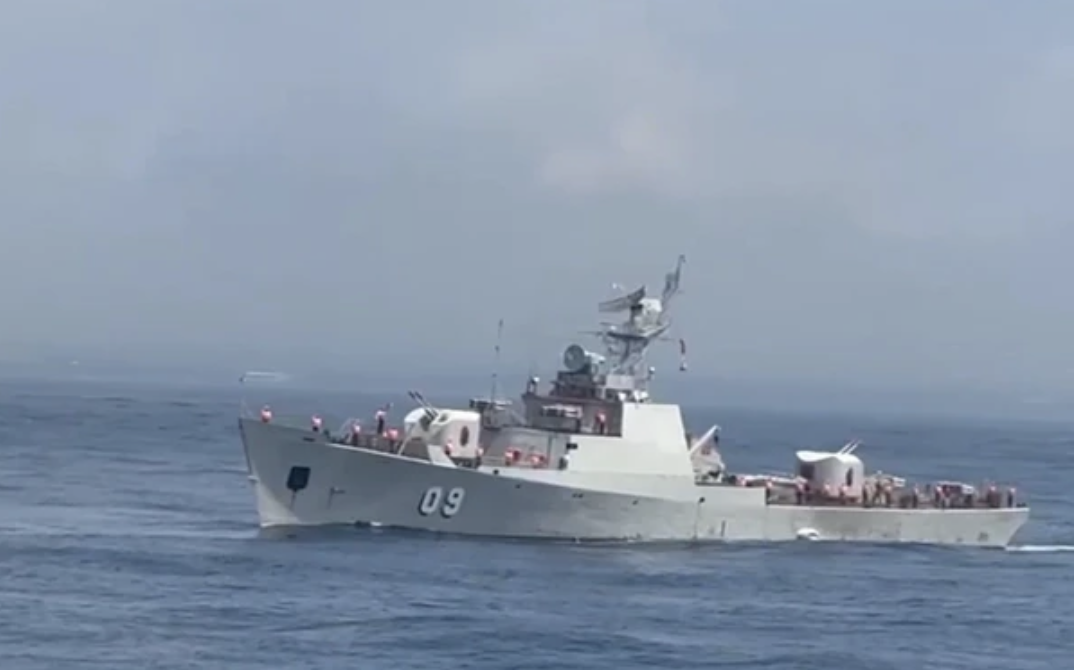
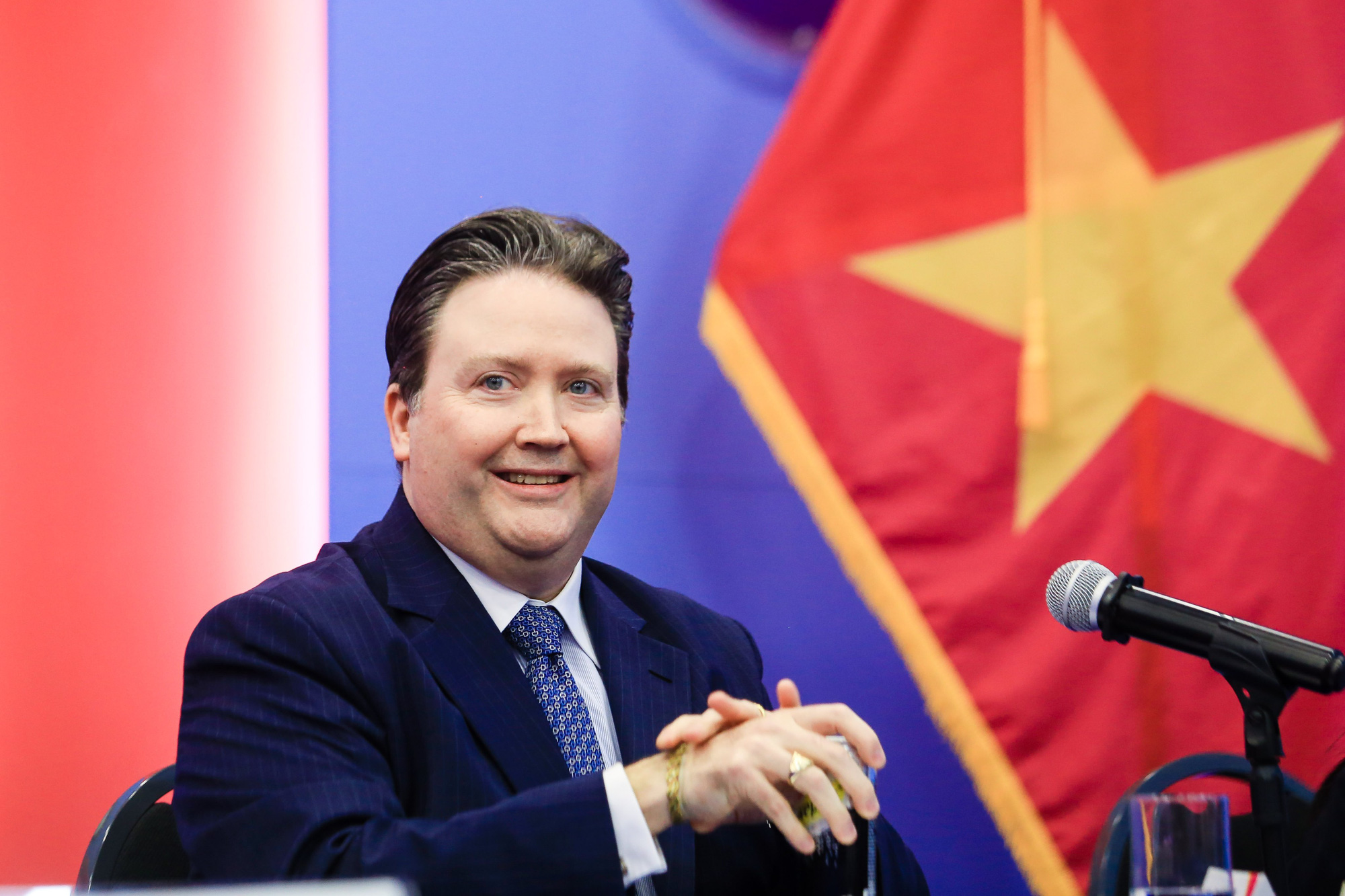
Comment (0)